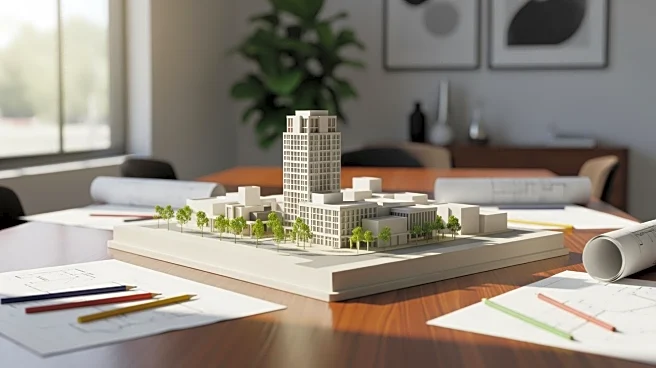What is the story about?
What's Happening?
Egyptian-British activist Alaa Abd El-Fattah has been reunited with his family after receiving a pardon from Egyptian President Abdel Fattah al-Sisi. Abd El-Fattah, who had been detained despite completing his sentence last year, was among six individuals pardoned. His detention had been a point of contention, drawing international attention and calls for his release. The pardon marks a significant development in his case, allowing him to reunite with his family after years of separation.
Why It's Important?
The pardon of Alaa Abd El-Fattah is a notable event in the context of human rights and political activism in Egypt. Abd El-Fattah's case has been emblematic of the broader issues of political detention and freedom of expression in the country. His release may signal a shift in governmental policy or a response to international pressure. It also highlights the ongoing challenges faced by activists in Egypt and the importance of advocacy and international support in securing their freedom.
What's Next?
Following his release, Abd El-Fattah may continue his activism, potentially influencing political discourse in Egypt. His case could inspire further advocacy for political prisoners and human rights in the region. The Egyptian government may face continued scrutiny regarding its treatment of activists and political detainees, potentially leading to more reforms or international dialogue.
Beyond the Headlines
The reunion of Abd El-Fattah with his family underscores the personal impact of political detention and the resilience of activists. It raises questions about the balance between national security and human rights, and the role of international pressure in influencing domestic policies. The event may also contribute to discussions on the effectiveness of pardons as a tool for political reconciliation.
















